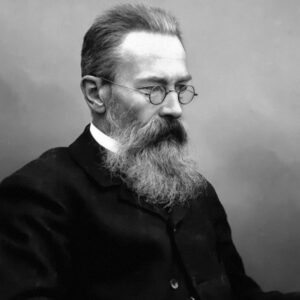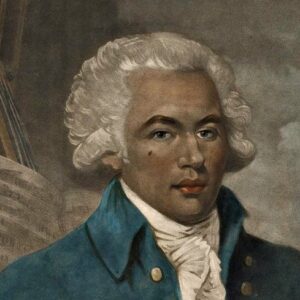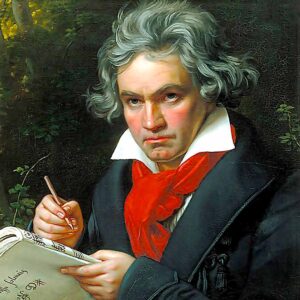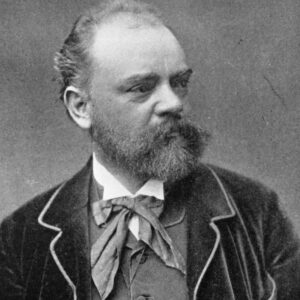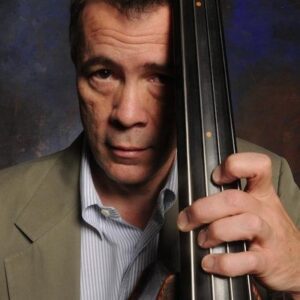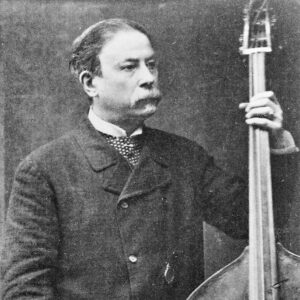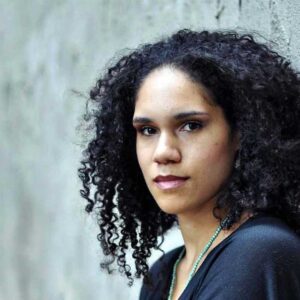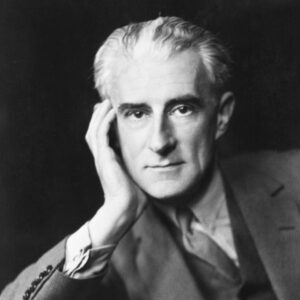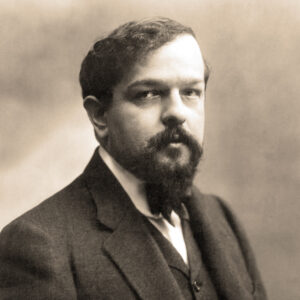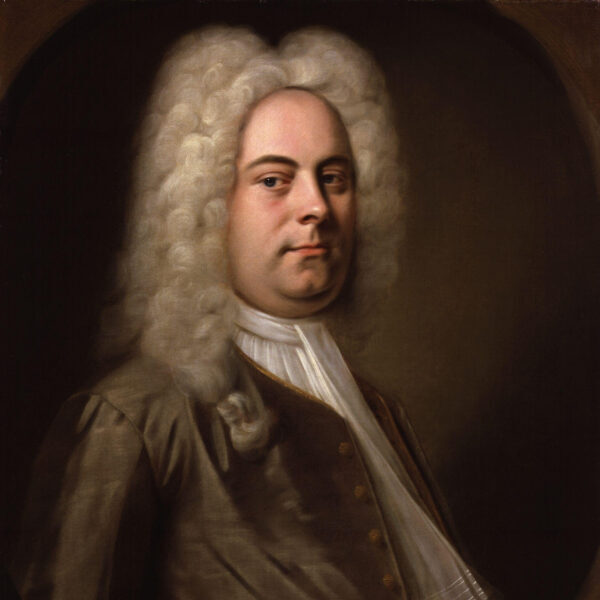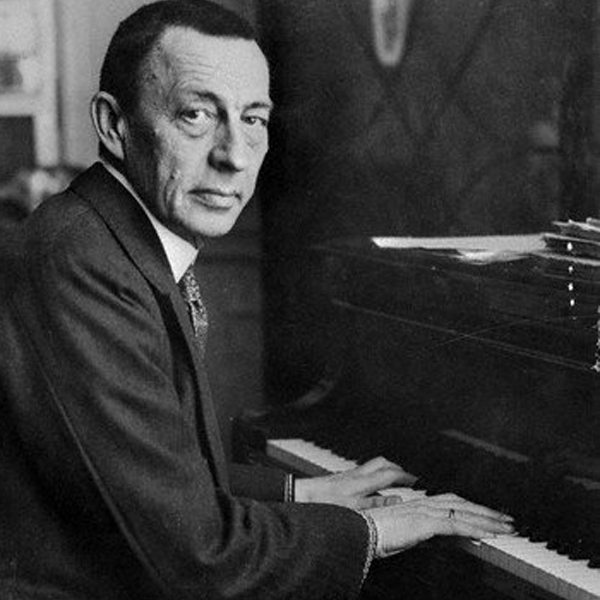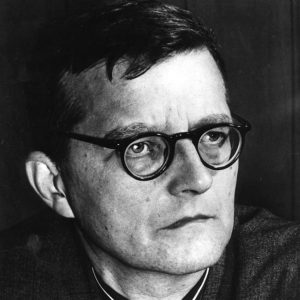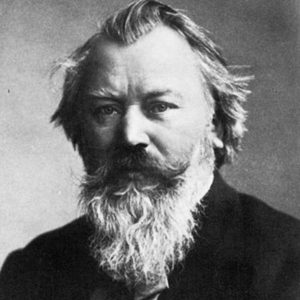For our newest Etherbound project, we’ve teamed with writer/director Bill Barclay and local documentary filmmaker Gregg Jamback of Swiftwater Media to bring you The Chevalier: A Voice to be Heard. This 15-minute film captures the essence of our cross-genre collaboration with Concert Theatre Works, the North Carolina Black Repertory Company, and Authoring Action as we produce The Chevalier, Bill Barclay’s newest play-with-music premiering at the 2021 National Black Theatre Festival.
The Chevalier chronicles a period during the life of 18th-century Black violinist, composer, swordsman, and activist, Joseph Bologne, Chevalier de Saint-Georges. Bologne, the archetypical Renaissance man, a gentleman of the nobility revered during his time for his prowess as a musician and as a fencer, has long since been forgotten by history if only for the color of his skin.
Barclay’s play portrays Bologne in a deservedly heroic light: as a friend to a young Mozart, as an enlightening mentor to Marie Antoinette, and above all as a true patriot of equality—an ideal that shines even through the fabric of his music.
Joseph Bologne was born in the French colony of Guadeloupe in 1745 to plantation owner George Bologne de Saint-Georges and his enslaved mistress, Nanon. The elder Bologne sent young Joseph to Paris for his education. In his early teens, Joseph was recognized as a champion fencer and rider, and upon graduating was conferred with the title of chevalier. From that point forward, Joseph was known as the “Chevalier de Saint-Georges” and went on to become a master composer, virtuoso violinist, finest fencer in Europe, general of Europe’s first Black military regiment, and a crusader against slavery.
Little is known about the Chevalier’s early musical training, but he made his debut as a violin soloist in 1772 to critical acclaim. In 1776, Saint-Georges was a candidate for Music Director of the Paris Opera, but he lost the position after a group of performers petitioned Queen Marie Antoinette with claims that they could not perform under a Music Director of color. Despite this professional setback, Saint-Georges found success publishing string quartets, violin concertos, symphonies, and popularizing the new Parisian genre of symphonie-concertantes.
Bill Barclay’s play, The Chevalier, begins in 1778 when a bedridden, bankrupt W.A. Mozart is carried into the Chevalier’s kitchen. In spite of obvious differences, these two men forge a friendship of equals navigating the politics of a city hostile to outsiders. The Chevalier’s weekly music lessons with Marie Antoinette associate him with the monarchy at a time of civil unrest, and he must choose between his loyalty to the crown and the violent pursuit of abolition while Revolution inflames France. The Winston-Salem Symphony’s short film, The Chevalier: A Voice to Be Heard, was filmed in October 2020 when Barclay and a group of actors visited Winston-Salem to present a reading of the play and participate in recording sessions with the Symphony. The film features scenes from the play and interviews to highlight how Joseph Bologne’s extraordinary life story continues to resonate in our world today.
In The Chevalier: A Voice to Be Heard, Music Director Timothy Redmond leads the Winston-Salem Symphony in performances of Chevalier de Saint-Georges’ Symphony No. 2 and Violin Concerto in A Major Op. 5 No. 2. You will also hear the Chevalier’s Violin Sonata in A Major, Op. 1a No. 2 performed by violinist Brendon Elliot and Winston-Salem Symphony pianist Nancy Johnston. The film stars Merritt Janson as Marie Antoinette, David Joseph as W.A. Mozart, and Winston-Salem’s own Jackie Alexander as the Chevalier de Saint-Georges. Bill Barclay was director of music at Shakespeare’s Globe from 2012-2019 and is Artistic Director for Concert Theatre Works. The Chevalier: A Voice to Be Heard is part of an ongoing collaboration between the Winston-Salem Symphony and Concert Theatre Works, the North Carolina Black Repertory Company and Authoring Action. The Winston-Salem Symphony will present the full play, The Chevalier, during the 2021 National Black Theatre Festival.
Notes by Dr. Tim Storhoff



